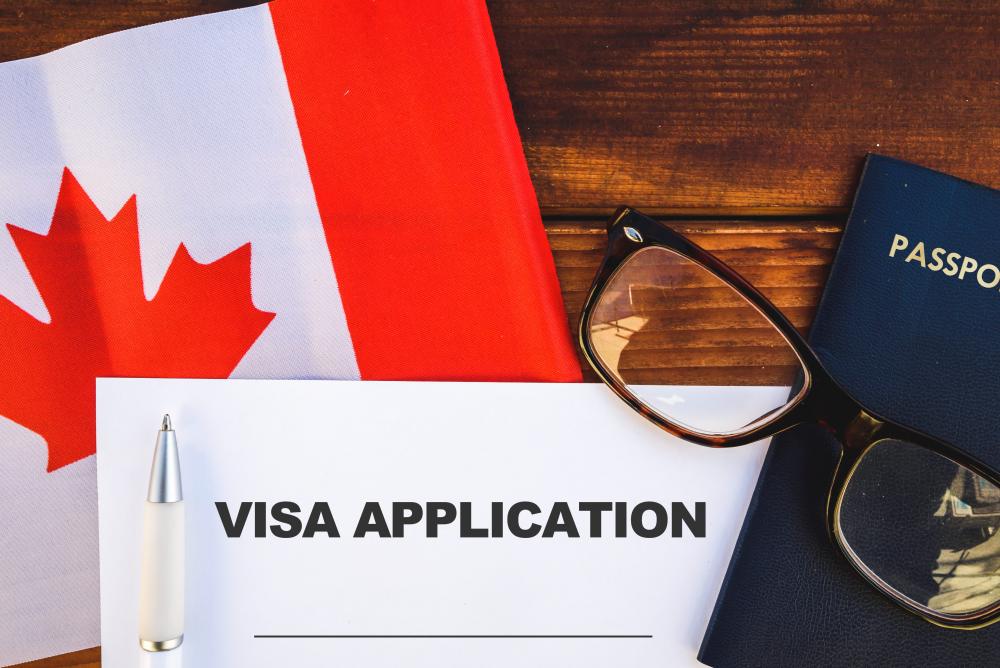Studying for a Master’s degree in Canada can be an exciting and rewarding experience. With its world-class universities, diverse culture, and stunning landscapes, Canada has become a popular destination for international students. While it is possible to study in Canada without a study permit, there are several compelling reasons why obtaining one can be beneficial. In this article, we will explore the advantages of having a study permit, including the ability to work on or off-campus and the flexibility to continue studying if your circumstances change.
1. Work Opportunities for Students with a Study Permit
One of the key advantages of having a study permit in Canada is the opportunity to work while studying. Students with a study permit who are registered as full-time students at a Designated Learning Institution (DLI) may be eligible to work on-campus or off-campus. This means that you can gain valuable work experience and earn income to support your studies and living expenses.
Working on-campus can provide you with the convenience of having a job within the university or college campus. This could include positions such as research assistants, library assistants, or working in campus facilities. These roles not only offer financial support but also allow you to develop valuable skills and connections within your field of study.
Off-campus work opportunities are also available for students with a study permit. This provides you with the flexibility to explore job opportunities outside of the campus. You can gain real-world experience in your chosen industry and broaden your network. It is important to note that off-campus work permits are typically limited to part-time employment during the academic year and full-time during scheduled breaks, ensuring that your studies remain a priority.

2. Continuing Your Studies with a Valid Study Permit
Another advantage of obtaining a study permit is the ability to continue your studies if your circumstances change. Sometimes, unexpected situations arise, such as a change in program or an extension of your study period. In such cases, having a study permit allows you to continue studying in Canada without interruption.
If you already have a study permit and your study situation changes, you can apply to extend your permit before it expires. While waiting for your new study permit, you can continue your studies without any disruption. This provides you with peace of mind, knowing that you can complete your degree without any unnecessary delays.
However, it is important to note that if your study permit extension is refused, you must stop studying immediately. Therefore, it is crucial to ensure that you meet all the requirements and submit a complete and accurate application when extending your study permit.
3. Access to Health Care and Social Benefits
Having a study permit also grants you access to Canada’s healthcare system and social benefits. As an international student, it is essential to have adequate healthcare coverage during your time in Canada. With a study permit, you may be eligible for provincial or territorial health care coverage, which will ensure that you have access to necessary medical services.
Additionally, having a study permit allows you to access various social benefits available to international students. These benefits may include discounts on public transportation, reduced fees for recreational activities, and access to student support services provided by the institution. These benefits can enhance your overall student experience and help you make the most of your time in Canada.
4. Enhanced Job Opportunities After Graduation
Obtaining a study permit and pursuing a Master’s degree in Canada can also open doors to enhanced job opportunities after graduation. Canada has a strong job market and is actively seeking skilled professionals in various fields. By completing your Master’s degree in Canada, you can position yourself for success in the Canadian job market.
After completing your studies, you may be eligible for a Post-Graduation Work Permit (PGWP). The PGWP allows you to work in Canada for up to three years, depending on the length of your program. This work experience can be invaluable in building your career and may even open pathways for permanent residence in Canada.
5. Networking and Cultural Exchange
Studying abroad provides an excellent opportunity for networking and cultural exchange. Canada is known for its diverse and inclusive society, making it an ideal place to meet people from different backgrounds and cultures. By obtaining a study permit and studying in Canada, you can immerse yourself in a multicultural environment and build lasting connections with fellow students, professors, and professionals in your field.
Networking during your studies can lead to valuable opportunities, such as internships, research collaborations, and mentorships. These connections can greatly enhance your academic and professional journey and open doors to future career prospects. Additionally, experiencing different cultures and perspectives can broaden your horizons and contribute to personal growth and development.
Conclusion
In conclusion, while it is possible to study for a Master’s degree in Canada without a study permit, obtaining one offers several advantages. With a study permit, you have the opportunity to work on or off-campus, continue your studies if your circumstances change, access healthcare and social benefits, enhance job opportunities after graduation, and participate in networking and cultural exchange. These benefits can greatly enrich your educational experience and set you up for success in your academic and professional endeavors. So, if you are considering studying in Canada, obtaining a study permit is definitely worth considering.
For more information about obtaining a study permit and studying in Canada, please refer to the official website of Immigration, Refugees and Citizenship Canada (IRCC).
Note: This article is for informational purposes only and should not be considered legal advice. Consult with a qualified immigration professional for personalized guidance regarding your specific situation.
Additional Information:
- Canada offers a wide range of Master’s degree programs across various disciplines, including business, engineering, computer science, healthcare, and more.
- To apply for a study permit, you will need to provide proof of acceptance from a Designated Learning Institution (DLI) and demonstrate that you have sufficient funds to cover your tuition fees and living expenses.
- It is important to apply for a study permit well in advance of your intended start date to allow sufficient processing time.
- Ensure that you meet all the eligibility requirements and provide accurate and complete documentation when applying for a study permit.
